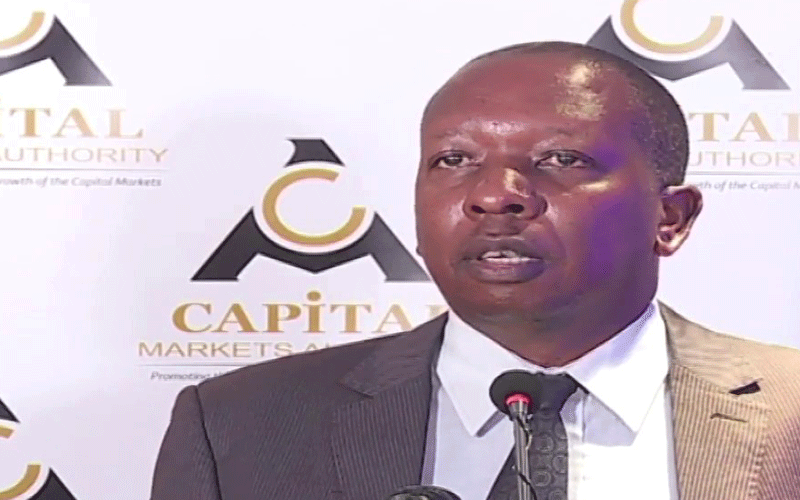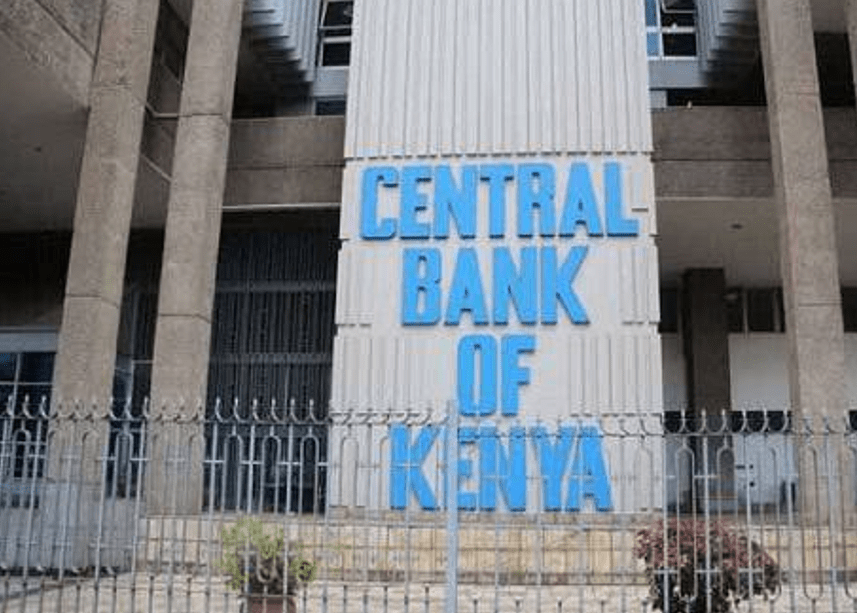Treasury and CMA in talks on listing of State entities

The Capital Markets Authority (CMA) has set its eyes on profitable state enterprises such as Kenya Ports Authority (KPA) for listing to stir up activities on the bourse.
“We have crafted a value proposition for the government on the benefits of listing state enterprises,” said Luke Ombara, the director regulatory policy and strategy.
Officials of the market regulator said yesterday they are in advanced negotiations with the Treasury to list or allow listed companies to issue more shares on the bourse.
They are targeting well performing parastatals like KPA and additional issuance of shares by already listed firms such as Safaricom and KenGen.
Divestiture
“We are targeting additional divestiture from well-performing companies such as Safaricom and KenGen and new listings like KPA,” Ombara said.
Nyale Nyange, the manager corporate approvals at CMA said the mandate of the authority is to identify companies that qualify for listing and ensure that they list.
The officials were speaking when they released the Capital Markets Soundness report for the third quarter of 2020.
Listing of the companies is expected to create more liquidity at the bourse and allow the government to pay off some of its public debt.
The government is struggling with a risky public debt profile that makes the CMA proposal very attractive.
The stock market has been experiencing a listing drought with several firms being suspended for reasons like acquisitions or poor corporate governance.
“Currently the liquidity of the stock market stands at 1.6 per cent, which is very low compared to nearly 2 per cent at the beginning of the year,” Mr Ombara said.
The Nairobi Securities Exchange is also plagued by inactivity among several counters except a few from the banking sector, commercials and Safaricom.
Five companies on the stock market control 76 per cent of the total turnover up from 73 per cent at the beginning of the year.
Currently, foreign investor participation on the Nairobi stock exchange has increased to 75 per cent from the average of 65 per cent in the last three quarter. This is likely to increase foreign exposure risk.
The regulator is also working on a regulatory framework that will see the setting up of private sector fund to mimic the government’s extra-budgetary spending during natural disasters such as the Corona virus pandemic.












